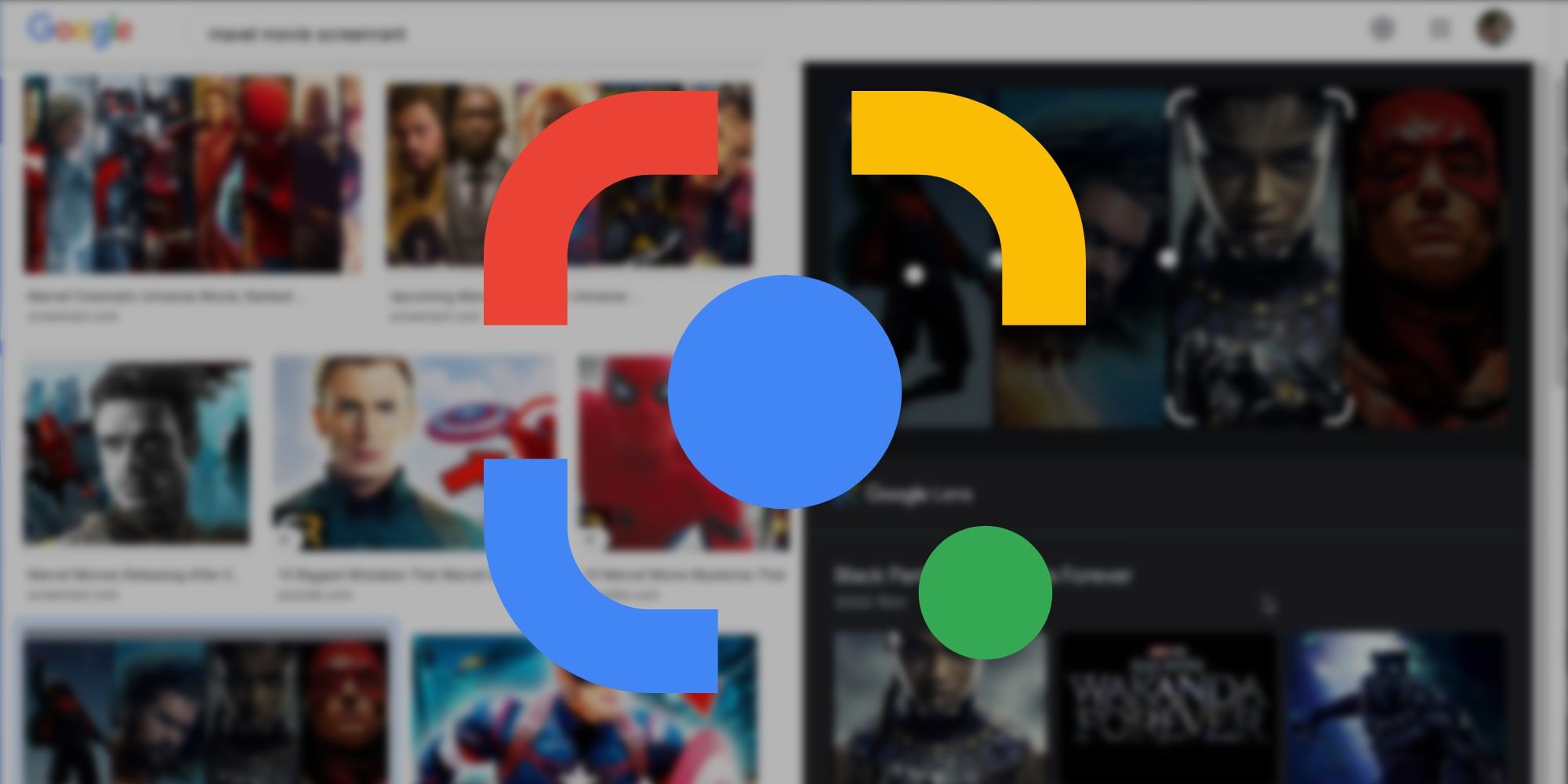Google Chrome, known for its robust performance and user-friendly design, is introducing three new AI-powered features that promise to transform the browsing experience.
These features—Google Lens integration on the desktop browser, Tab Compare, and Enhanced History Search—are designed to make web browsing faster, more intuitive, and incredibly efficient.
Rolling out first in the US over the coming weeks, these innovations aim to leverage artificial intelligence to assist users in seamlessly obtaining information and completing tasks online. This advisory blog explores each of these features in detail, providing insights into how they can enhance your browsing experience.
1. Google Lens Integration on the Desktop Browser

Overview
Google Lens, a powerful visual search tool, is now integrated directly into the Chrome desktop browser. This feature allows users to search and ask questions about anything they see on web pages without leaving the current tab. By selecting text, images, or other elements on a page using the Google Lens icon in the address bar or the right-click menu, users can invoke Lens to identify and recognize the selection.
Functionality
Once invoked, Google Lens opens a side panel displaying visual search results and relevant information. For instance, if a user highlights an image of a plant, Lens can identify the plant species and provide details about it. Similarly, selecting a piece of text can lead to further exploration of the topic through search results and related articles.
Interactive AI Responses
One of the standout features of this integration is the ability to ask follow-up questions. This interaction enables users to get a more in-depth AI overview response, compiling information from across the web. For example, after identifying a landmark in a photo, a user can ask Lens for historical information or travel tips related to that landmark.
Benefits
- Seamless Information Retrieval: No need to open new tabs or switch between applications to gather information.
- Enhanced Learning: Quickly gain in-depth knowledge on various topics through interactive queries.
- Efficient Browsing: Save time by directly accessing relevant information without extensive searching.
2. Tab Compare Feature
Overview
Online shopping and product research often involve juggling multiple tabs to compare features, prices, and reviews. The new Tab Compare feature utilizes AI to streamline this process by generating a comprehensive comparison overview of products opened across multiple tabs.
Functionality
When the Chrome browser detects that a user has multiple tabs open for different products, it will suggest creating a comparison table. This table presents key details like product specifications, features, prices, and ratings in a single view, eliminating the need to manually switch between tabs and compile information.
AI-Powered Comparison
The AI analyzes the content of each tab to extract relevant product details. It then organizes this information into a structured table, highlighting similarities and differences. Users can adjust the comparison criteria to focus on the aspects most important to them, such as price or user ratings.
Benefits
- Simplified Decision-Making: Easily compare products side-by-side to make informed purchasing decisions.
- Time-Saving: Reduce the time spent toggling between tabs and gathering data.
- Customizable Comparisons: Tailor the comparison overview to prioritize the most relevant information.
3. Enhanced History Search
Overview
Chrome's browsing history feature has long been a useful tool for revisiting previously viewed pages. However, traditional search capabilities were limited. The Enhanced History Search feature now allows users to search their browser history using natural language queries.
Functionality
Users can now ask questions like "What was that ice cream shop I looked at last week?" and Chrome's AI will interpret the query to find relevant pages from the browsing history. This natural language processing capability makes it much easier to rediscover past pages, even if specific details are fuzzy.
Intelligent Query Interpretation
The AI not only looks for exact matches but also understands context and relevance. For instance, a query about an "ice cream shop" will prioritize results related to food and locations, filtering out unrelated pages even if they contain the same keywords.
Benefits
- User-Friendly Search: Natural language queries make it easy to find what you're looking for without precise keywords.
- Improved Recall: Quickly locate past web pages, enhancing productivity and reducing frustration.
- Context-Aware Results: Get more accurate search results based on the context of your queries.
Check out the alternative option here >>>> DocuSightAI <<<<
Final Thoughts
These three new AI features in Chrome represent significant advancements in making web browsing more efficient and user-centric.
By integrating Google Lens into the desktop browser, providing a Tab Compare feature, and enhancing history search capabilities, Chrome is poised to offer a browsing experience that is not only faster and more intuitive but also more helpful in achieving daily tasks.
As these features roll out in the US, users can look forward to a more powerful and seamless way to interact with the web, setting the stage for even more AI-driven innovations in the future.







.jpg)





